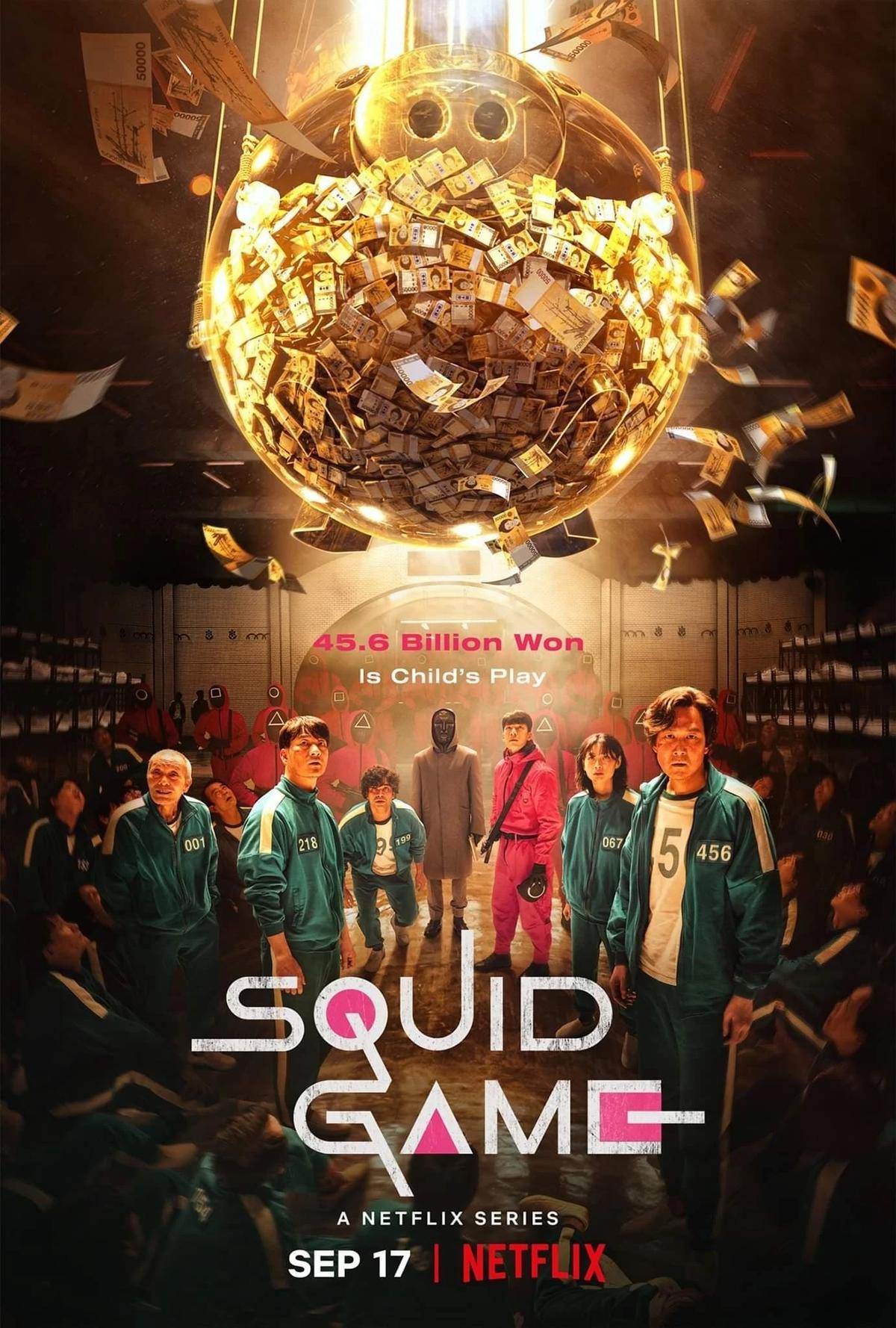Acclaimed Japanese composer and electronic musician, Kensuke Ushio, best known for his evocative scores in A Silent Voice, Devilman Crybaby, and Chainsaw Man, shared insights into his creative process, upcoming projects, and musical influences during an Instagram Live session. Fans tuned in eagerly as Ushio provided an update on the much-anticipated soundtrack for Orb: On the Movements of the Earth, discussed his genre-bending approach to Dandadan, and revealed his admiration for artists like Oneohtrix Point Never, Nicholas Jaar, and Yousuke Yukimatsu.
Ushio’s Instagram Live was held alongside a book signing event for his newly released first official book, Definitive Edition, which celebrates his decade-long journey as a soundtrack composer and features interviews with collaborators like Takkyu Ishino, Naoko Yamada, and Masaaki Yuasa.
The wait for ‘Orb’
Ushio’s work on Orb has been widely praised for its haunting score that perfectly complemented the anime’s meditative storytelling. Since the series concluded last week, fans have been clamouring for the official soundtrack release. When pressed for an update, Ushio remained characteristically reserved.
“It’s hard to put it into words,” he said when describing his process. “My music is conceptual, not character-driven. I write around scenarios and moments rather than motifs for characters.”

Despite growing restlessness from fans, Ushio apologised for the delay and urged them to be patient, hinting that the release is still in the works but without offering a definitive timeline.
‘Dandadan’ and the madness of sampling
Ushio also shed light on his approach to composing for Dandadan, the hit supernatural shounen series from last year that thrived on its energetic, absurdist action sequences. He revealed that sampling was at the heart of the score, pulling from an eclectic mix of sources.
“I looked to ‘60s yakuza movies and ‘80s gangster cinema for a lot of my samples,” he explained.

At last year’s Anime NYC panel, he had expanded on this, citing The Prodigy, Fatboy Slim, and The Chemical Brothers as key inspirations, drawing from the UK’s ‘90s Big Beat movement — music that shaped his own adolescence. The end result? A fun, chaotic soundtrack that enhanced the mayhem of Dandadan while seamlessly incorporating brass sections, techno beats, and traditional Japanese instrumentation.
Peers and inspirations
Beyond his own projects, Ushio spoke about musicians who have influenced him, including experimental electronic musician and composer, Daniel Lopatin, better known as Oneohtrix Point Never.Oneohtrix Point Never, who is best known for his atmospheric, glitchy soundscapes, blending ambient, vaporwave, and avant-garde influences in works like Replica, Garden of Delete, and his film scores for the Safdie Brothers’ Good Time and Uncut Gems.
“I had no idea if he’d remember me, but I’d met him several times. If there’s an opportunity to work with him in film composition, I’d love that and look forward to it,” Ushio said.

He also named Chilean-American composer Nicholas Jaar as one of his current favorites composers in the world. Known for his genre-defying work in both electronic music and film scores — including Jacques Audiard’s Dheepan (2015) and Pablo Larrain’s Ema (2019) — Jaar’s approach to sound design resonates deeply with Ushio’s own experimental ethos.
However, it was Japanese DJ and producer Yousuke Yukimatsu who seemed to inspire Ushio the most. Yukimatsu, a cult figure in the underground electronic scene, rose to international prominence following his now-legendary Boiler Room set in Tokyo. His journey — leaving a construction job to pursue DJing full-time, surviving brain cancer, and redefining the boundaries of experimental EDM — seemed to have moved Ushio.
“When I was playing live at a festival, Yukimatsu-san was doing a rendition of something at the same event that I was very impressed by. He is a great musician,” Ushio recalled.
Asked whether he would ever consider doing a Boiler Room set himself, Ushio hesitated.
“I’m not sure that I’d be the right person for it, but I think I could give it a shot,” he said with a laugh.
What’s next?
Beyond his recent works, Ushio has a busy slate of projects lined up for the coming year. He is set to return as the composer for Chainsaw Man – The Movie: Reze Arc, the highly anticipated sequel to MAPPA’s 2022 hit anime adaptation of Chainsaw Man. Additionally, he has composed the score for Cocoon, an anime film adaptation of Machiko Kyō’s war-time manga, set to premiere in March 2025. Ushio is also attached to Ikoku Nikki, the upcoming anime adaptation of Tomoko Yamashita’s Diary of a Strange Land, a contemplative josei series.

For now, fans will have to wait a little longer for his next release, but if his past work is any indication, it will be well worth it.
Published – March 26, 2025 06:55 pm IST



























